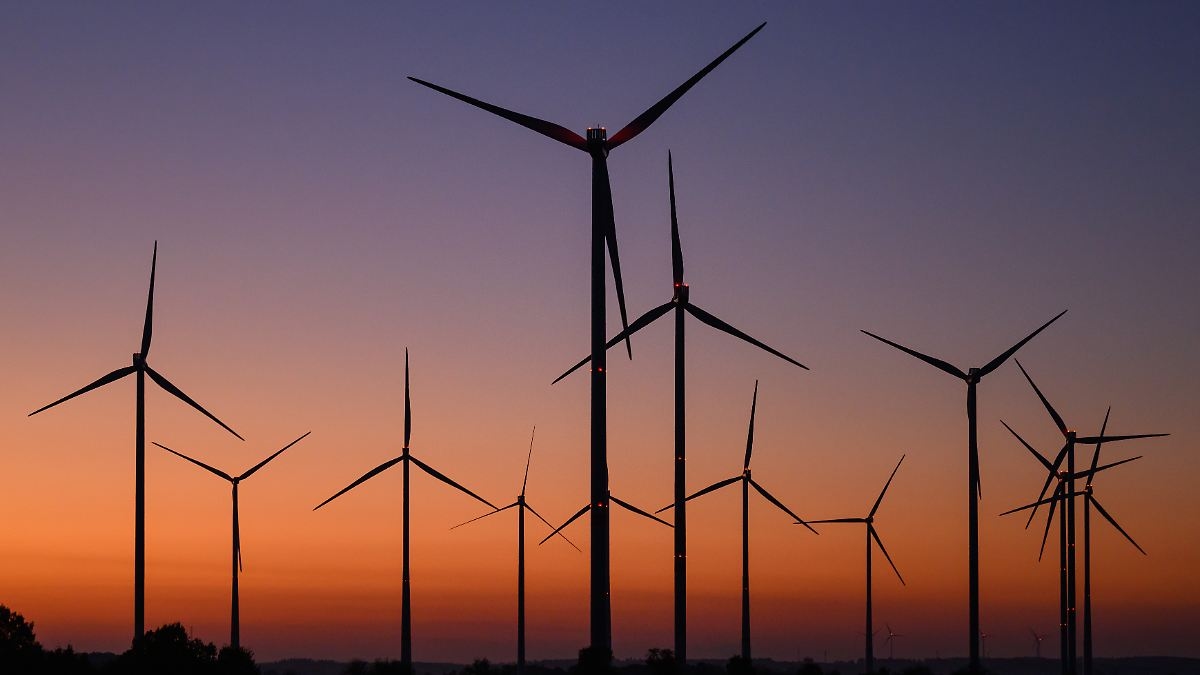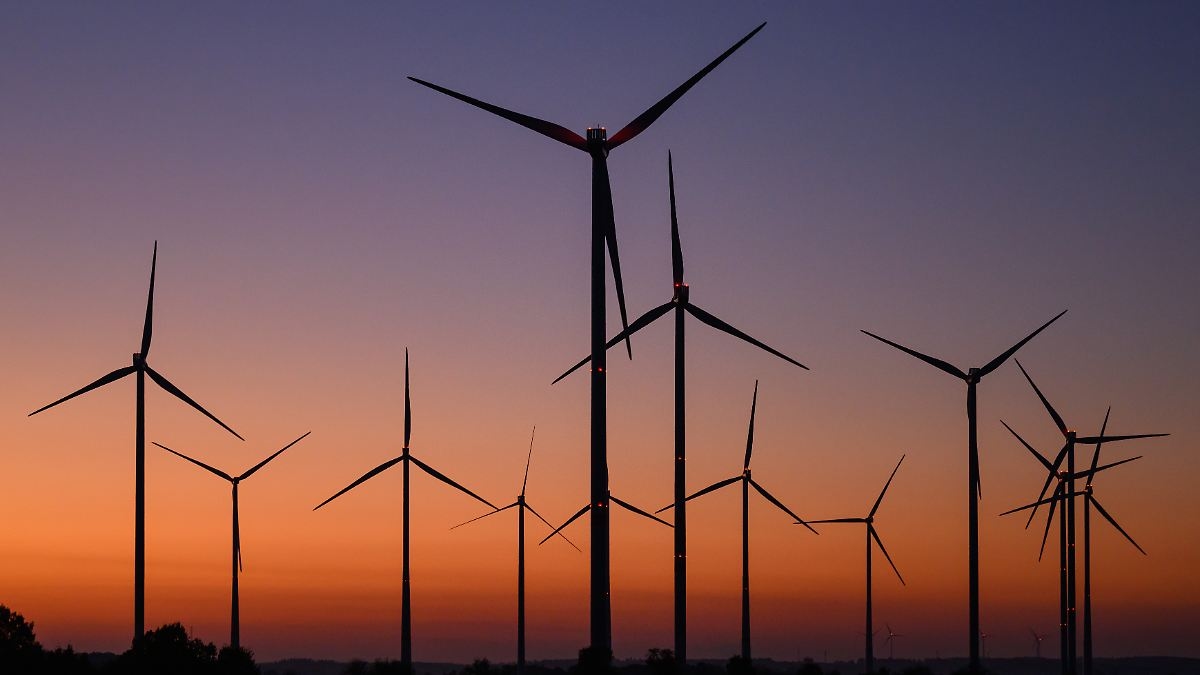Not only the steel industry is affected: Study sees smaller companies threatened by the energy transition

"In the current status quo, some industries in Germany are at acute risk of not surviving the continuation of the energy transition," warns the DIHK study.
(Photo: picture alliance/dpa)
Even moderately energy-intensive industries are increasingly struggling due to sharply rising grid charges, warns a study by the German Chamber of Industry and Commerce. The association is calling for concrete relief measures for trade and commerce.
According to a study, the energy transition in Germany is increasingly threatening small and medium-sized enterprises. This is the conclusion of a study conducted by the Frontier Economics Institute on behalf of the German Chamber of Industry and Commerce (DIHK), as previously reported by "Welt am Sonntag." According to the study, the cost pressure, via a kind of trickle-down effect, extends "far into sectors that are themselves only moderately energy-intensive, but remain heavily dependent on affordable intermediate products, transport, and labor." So far, the debate about the costs of the energy transition has focused primarily on energy-intensive sectors such as the steel and chemical industries.
Gas supply costs are expected to rise particularly sharply. As the study further revealed, infrastructure costs are spread among only a few users because gas consumption is declining. As a result, gas network charges for commercial customers will rise from 1.6 cents per kilowatt hour to 4.3 cents in 2040. This would more than double the annual rate.
Trade and commerce would also have to prepare for a 63 percent increase in electricity grid fees by 2045. "In the current status quo, some industries in Germany are at acute risk of not surviving the continuation of the energy transition," the newspaper quoted from the study.
Achim Dercks, Deputy Managing Director of the German Chamber of Industry and Commerce (DIHK), warned that the current course of the energy transition is jeopardizing the competitiveness of the entire German economy. He called on the federal government to implement its promise from the coalition agreement and reduce electricity taxes for the entire economy.
Source: ntv.de, rts/bho
ntv




